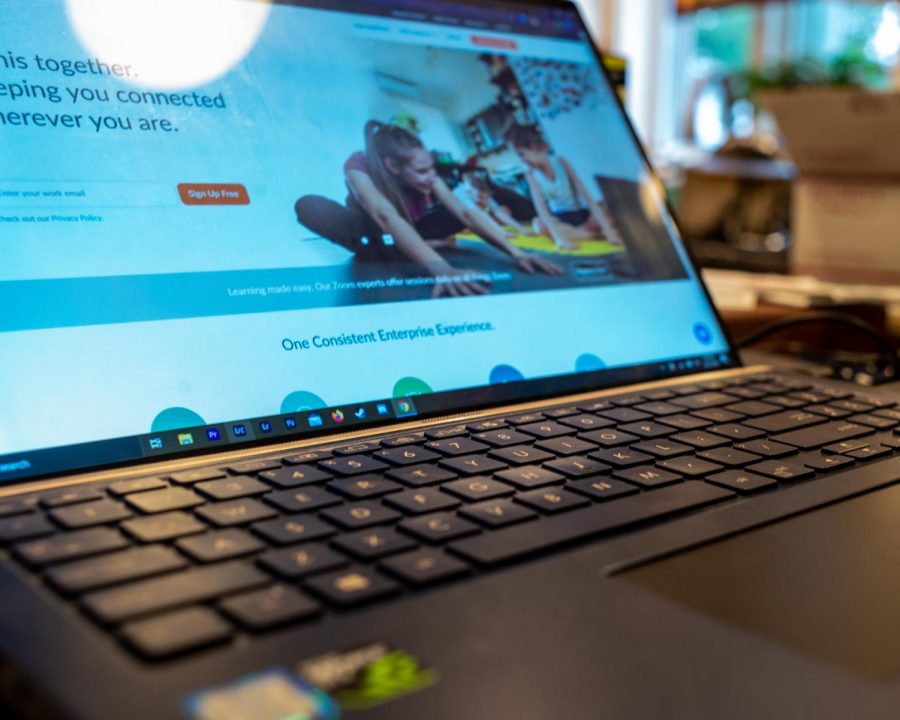One Saturday night at the University of Massachusetts, I left a party and said, “Thank you for having us!” to the homeowners. My friends and the hosts laughed at my comment – but I was actually completely serious. It seems that college is a time in our lives where we completely disregard all manners just because we can.
Many students get to college and indulge in the freedoms they wouldn’t normally have at home. A parent is no longer looking over our shoulder; we don’t have to do anything we don’t want to do. We can eat ice cream, stay up as late as we want, leave an un-made bed – college might actually be the pinnacle of irresponsibility.
It’s easy to get lost in freedoms, but that Saturday night I had a revelation that – hear me out, here –it may actually be a good idea to actually use the advice our parents gave us. In a world where basic manners are unheard of, I sometimes wonder if we, as college students, should reevaluate every once in a while.
After all, what is so wrong and absurd about saying “thank you” to the host? I’m not saying it should be required of everyone, but isn’t it nice when someone recognizes your willingness to host? I am a firm believer in the fact that we should always vocally recognize every positive thing we see, no matter how obvious or absurd it may sound. It makes others feel better, and it makes you feel better, too. As Arthur Rubenstein said, “If you love life, it will love you back.” Manners, and positive feedback in general, are always a win-win, yet many feel compelled to quiet this voice as a subconscious means to conform to the common social situation.
It’s time to make this subconscious voice into something we have control over; if we take the time to notice, we can understand the details of ourselves and learn to be better people in general. Your parents always told you to use your “please and thank you’s,” but maybe it was for a reason other than wanting to be a complete nuisance. They told you to brush your teeth, wear your sunscreen, do your homework and eat your vegetables. And, in retrospect, these all sound like good things. A lot of us are stuck in that perpetual mindset of “I don’t wanna” and “You can’t make me” that we might actually be missing the important lessons that lie directly in front of us.
One lesson I find to be extremely pertinent to the college life is the ever so famous, “chew with your mouth closed.” I cannot express the number of times I’ve been sitting in class and the person sitting behind me opens up a bag of Sun Chips and I have been blessed with the opportunity to listen to every last crunch – not to mention the crinkling bag, but that’s beside the point.
“Use your indoor voices” is another timeless gem that can especially be applied to college dorms on a weeknight evening. “Don’t talk while the teacher is talking” may actually be worthwhile when others in the class don’t want to hear about Susie’s scandalous escapades last Thursday. “Brush your teeth” is … self-explanatory.
My all-time favorite, though, is, “If you don’t have anything nice to say, don’t say anything at all.” I was not the most optimistic young one and was often very critical of my classmates. When my mom asked me why I didn’t talk to any of the other kids in pre-school, I told her, “they’re all boring.” She told me that if I didn’t have anything nice to say that I shouldn’t say anything at all. And thus I was known as the quiet, shy girl for many of my elementary years.
Somewhere along the quiet years I’d heard this phrase enough times that I actually started to see something more in its meaning than the fact that I may never be able to speak again. My parents and my older sister Siobhan helped me witness the benefit of saying nice things. My positive role models were always complimenting someone on something, telling the cashier at Market Basket she’d done a good job, having daily chats with our exceptional mailman, telling me how well I’d done on my spelling test – and I was able to see its real and lasting effect. I thought to myself: they’re only pointing out the most obvious things; it’s too easy.
Once I opened my eyes to understand more of what my parents said than its surface meaning, I felt much more in control of my life. We are not meant to simply obey, but rather, think, perceive, learn and apply. I am not saying that everything our parents said was right – sorry, mom and dad – but it’s important not to write it all off so quickly. I don’t think our behavior should be seen as one-dimensional; it takes time and thoughtful effort to understand a person’s motives. The next time I say, “thank you” at a party, I can only hope that maybe someone will consider my thought before the laughter ensues.
Katie McKenna is a Collegian columnist. She can be reached at [email protected].

















